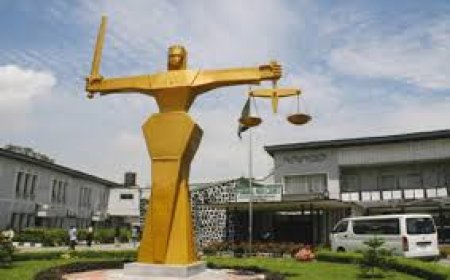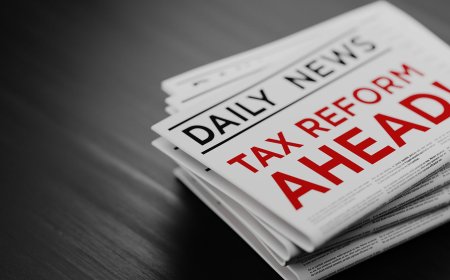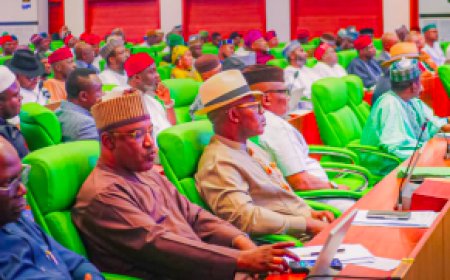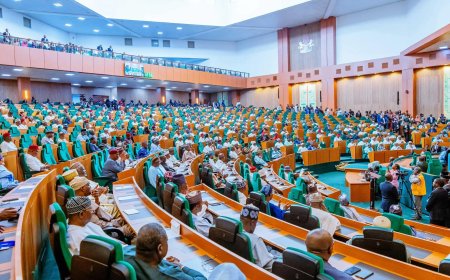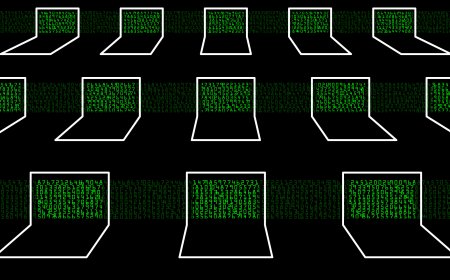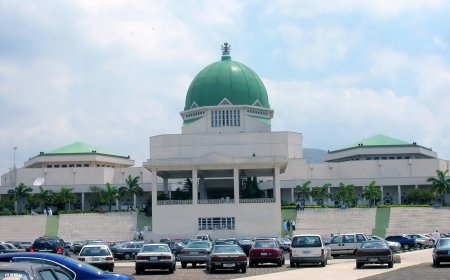Reform of Nigeria’s Electoral System and Institutions
Click here to track progress
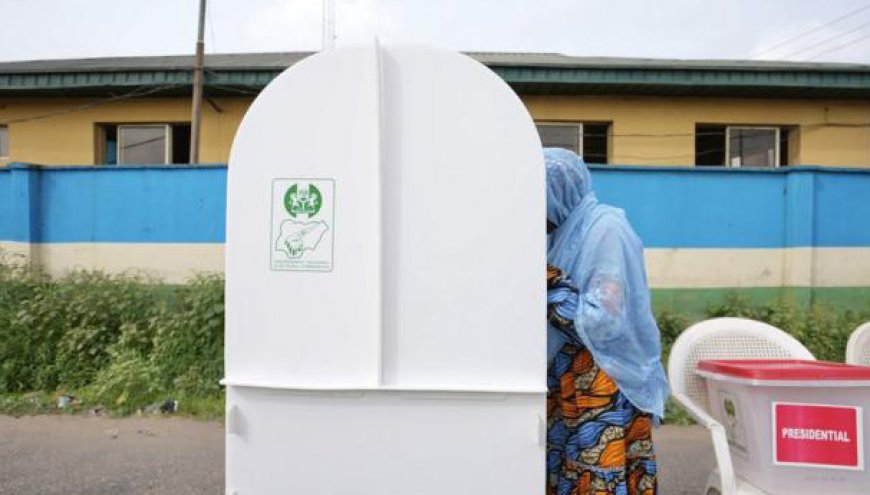
For Nigeria’s Democracy to survive and thrive, its electoral system needs to be well respected. As presently operated, Nigeria’s electoral system suffers from lack of citizens’ trust and respect. The 10th Senate will need to respond to these shortcomings. The National Assembly already started to address the challenges of Nigeria’s electoral system when it passed a new Electoral Act in 2022. Recent general elections in 2023 and some off-cycle elections that followed immediately after,
have exposed gaps that the National Assembly will now need to address. The Senate will now need to do the following:
- Aggregate the gaps identified with the implementation of the Electoral Act 2022, including contradictory and uncertain
provisions with a view to amending relevant sections. The Senate will also need to pass law for the regulation of political parties and confer the powers to do so away from the Independent National Electoral Commission (INEC), to an independent body. - The Senate will pass the National Electoral Offences Commission Bill that will tackle the problem of flagrant violations of the Electoral Act. The Commission will be conferred with powers to arrest electoral offenders and prosecute them using the legal process.
- The method of appointment to positions in INEC, including Chairman, National Commissioners and Resident Electoral Commissioners (RECs) will need to be reviewed, to ensure elimination of partisan appointees.
- The Senate will particularly review the relevance or otherwise of RECs to determine whether or not such positions should be retained.








